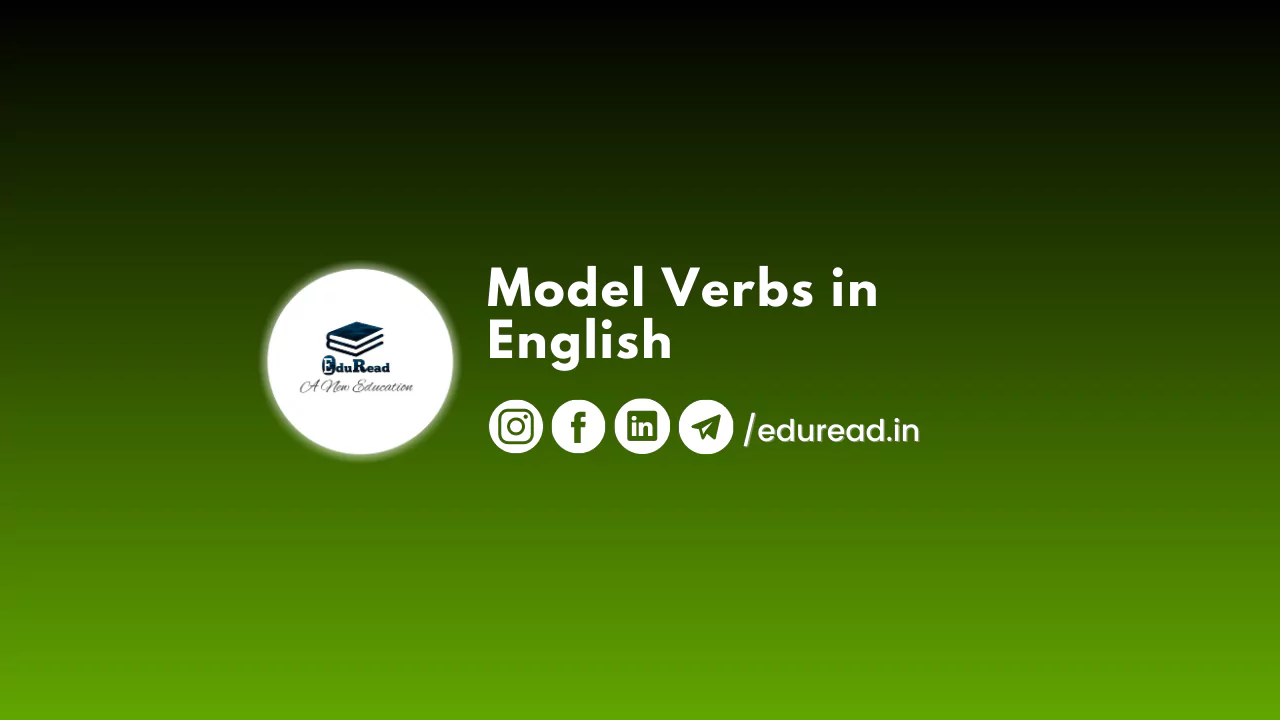Modal verbs are an essential part of the English language and are used to express a wide range of meanings and attitudes. In this blog post, we will discuss the ten modal verbs in English, with a particular focus on could, would, should, and might.
Modal verbs are auxiliary verbs that modify the main verb in a sentence. They indicate the speaker’s attitude towards the action described by the main verb, and can also convey other meanings such as ability, permission, obligation, and possibility.
The ten modal verbs in English are: can, could, may, might, will, would, shall, should, must, and ought to. Each of these modal verbs has its own unique meaning and usage.
In this post, we will focus on four of these modal verbs: could, would, should, and might.
Could
Could is the past tense of the can, and it is used to express possibility, ability, or permission in the past tense. For example:
I could swim when I was younger.
Could you help me with this task?
I could have gone to the party, but I decided not to.
In the last example, the speaker is using “could” to express the possibility that they could have gone to the party, but they chose not to.
Would
Would is used to express hypothetical situations, polite requests, or habits in the past. For example:
If I won the lottery, I would travel the world.
Would you please pass me the salt?
When I was a child, I would always play outside.
In the first example, the speaker is using “would” to express a hypothetical situation. In the second example, “would” is used to make a polite request, and in the third example, “would” is used to describe a past habit.
Should
Should is used to express obligation, expectation, or advice. For example:
You should eat more vegetables.
I should call my mother more often.
The company should provide better training for its employees.
In the first example, the speaker is using “should” to give advice about eating vegetables. In the second example, “should” is used to express the speaker’s sense of obligation to call their mother more often. In the third example, “should” is used to express the speaker’s expectation that the company should provide better training for its employees.
Might
Might is used to expressing possibility or uncertainty. For example:
It might rain later today.
I might be able to attend the meeting, but I’m not sure yet.
The package might arrive tomorrow, or it might not.
In each of these examples, the speaker is using “might” to express uncertainty or the possibility of something happening.
Now that we’ve covered the basics of these four modal verbs, let’s take a closer look at some common phrases and expressions that use these modal verbs.
Expressions with Could:
Could you please repeat that?
I could go to the concert, but I don’t have a ticket.
Could you lend me some money until next week?
I could have studied harder for the exam.
We could have dinner at that new restaurant.
Expressions with Would:
I would love to go on vacation.
Would you like some coffee?
If I had more time, I would learn a new language.
Would you mind opening the window?
He would always help his friends in need.
Expressions with Should:
You should apologize for what you said.
I should have left earlier to avoid the traffic.
She should take a break and rest.
The government should invest more in renewable energy.
We should recycle more to protect the environment.
Expressions with Might:
The concert might be canceled.
I might have left my phone at home.
I might be able to finish this project on time.
We might have to postpone the meeting until next week.
As you can see, these expressions show how these modal verbs are used in everyday language to convey a variety of meanings and attitudes.
Now, let’s take a look at some common mistakes people make when using these modal verbs.
Common Mistakes:
Using “could” instead of “should” to express obligation. For example, saying “You could apologize” instead of “You should apologize”.
Using “would” instead of “will” to express a future action. For example, saying “I would call you tomorrow” instead of “I will call you tomorrow”.
Using “should” instead of “would” to make a polite request. For example, saying “You should pass me the salt” instead of “Would you please pass me the salt?”.
Using “might” instead of “may” to express possibility. For example, saying “It may rain later today” instead of “It might rain later today”.
Using “should” instead of “could” to express ability or possibility. For example, saying “I should swim faster” instead of “I could swim faster”.
By avoiding these common mistakes, you can improve your use of modal verbs and communicate more effectively in English.
Conclusion
In conclusion, modal verbs are an essential part of the English language and are used to express a wide range of meanings and attitudes. In this post, we focused on four of the ten modal verbs in English: could, would, should, and might. We covered their meanings, usage, and common expressions, as well as some common mistakes to avoid. By mastering these modal verbs, you can improve your English communication skills and convey your thoughts and ideas more effectively.
Follow us on our social handles
To know more, check out here:


3 thoughts on “Modal verbs in English|Speak New York”